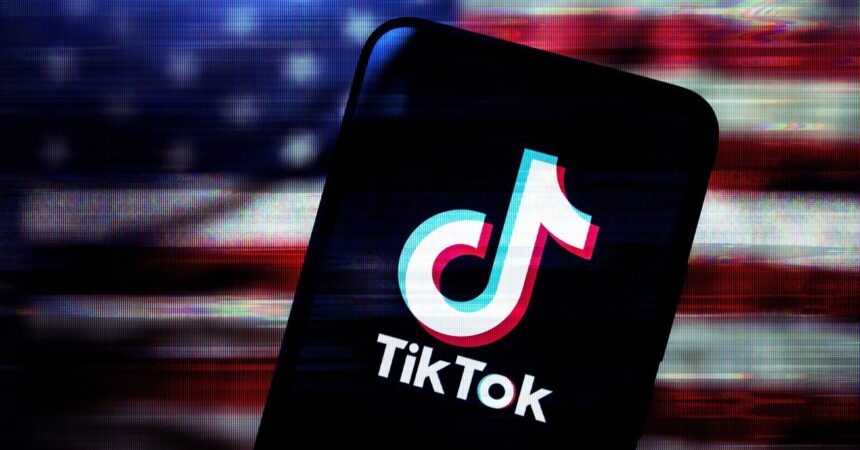TikTok’s Data Surveillance Controversy: An In-Depth Analysis
In recent months, TikTok has faced intense scrutiny over its data privacy practices, culminating in an admission that it inappropriately accessed data of US users, including journalists from reputable outlets like Forbes and the Financial Times. This controversial incident raises critical questions about digital privacy, corporate ethics, and the increasing role of social media in our lives.
The Incident: Overview
The surveillance issues stem from TikTok’s efforts to unearth information about potential leakers within the company. According to reports, the initiative was part of a broader security endeavor aimed at protecting sensitive information. However, instead of focusing on internal vulnerabilities or suspected fraud, the hyper-aggressive internal security team targeted journalists who were covering TikTok. This breach of privacy has not only angered the public but also raised alarms about the company’s commitment to safeguarding user data.
Following the fallout, both TikTok and its parent company, ByteDance, asserted that they terminated all employees involved in the operation. Nonetheless, this incident has sparked a myriad of discussions regarding corporate governance, ethical conduct, and the balance between security and transparency.
Security Team and Company Culture
The internal security team accused of this surveillance is said to be populated mostly by former law enforcement officials from the US and Europe. This merger of expertise raises further questions about the company’s alignment with ethical protocols and the surveillance practices that are often more associated with governmental agencies than with private corporations.
These security practices have faced pushback from other employees at TikTok, who have criticized the aggressive tactics employed by the security unit. Internally, this has led to discussions about company culture, accountability, and the expectations of digital ethics in the tech industry.
Privacy and Public Trust
The implications of this incident extend beyond the immediate fallout for TikTok. Privacy has become a cornerstone of the digital age. As social media platforms continue to grow and become more integrated into daily life, the responsibility for protecting user data cannot be overstated. Users trust these platforms with personal information and expect a certain level of privacy. Breaches, especially those involving the targeting of journalists, can undermine that trust dramatically.
This controversy is particularly crucial given TikTok’s popularity among younger demographics, who are generally more active on social media but may also have varying degrees of understanding regarding data privacy. As such, this incident could lead to greater scrutiny on how personal data is managed across all social media platforms — not just TikTok.
Legislative and Regulatory Response
In the wake of this situation, regulators and lawmakers in various countries may feel compelled to reassess the rules governing data privacy and surveillance. The recent surge in data breaches across different sectors has reignited discussions on the need for stringent regulations governing how companies collect, manage, and share user data.
The European Union’s General Data Protection Regulation (GDPR) serves as a benchmark for data privacy, but many countries, including the US, lack comprehensive federal data regulations. The TikTok incident may act as a catalyst for policymakers to pursue stricter laws regarding data handling and corporate responsibility.
Looking to the Future: Corporate Responsibility and User Rights
As the tech landscape continues to evolve, it becomes increasingly vital for corporations to prioritize ethical standards and transparency. Ensuring user privacy should not only be a legal obligation but a cornerstone of corporate identity.
For TikTok, rebuilding trust will require more than just firing those involved in the controversial surveillance initiative. It demands a fundamental shift in how the company approaches data privacy, user communication, and accountability. This incident could serve as a pivotal moment in setting new standards for transparency in data handling would ultimately benefit the wider tech ecosystem.
Conclusion
The inappropriate surveillance of US users and journalists by TikTok illustrates a significant breach of trust in an era where data security and privacy are paramount. As the company navigates the aftermath of this scandal, it is imperative for industry leaders, regulators, and users alike to engage in a dialogue about the future of digital privacy and the ethical boundaries of security measures.
Ultimately, this controversy serves as a stark reminder that in our interconnected digital world, the protection of personal data is not just a technical issue — it’s a matter of trust and integrity. Only through proactive and ethical management of user data can companies cultivate the trust that is essential for their long-term success in today’s digital society.









